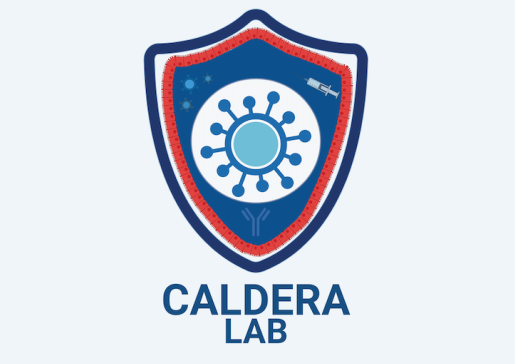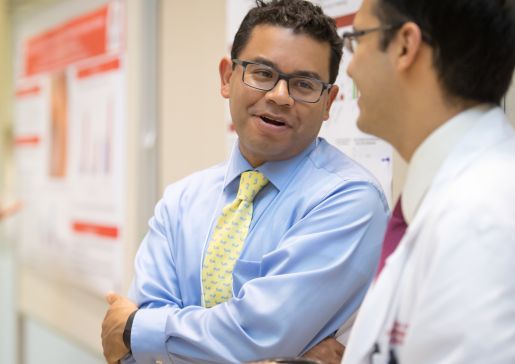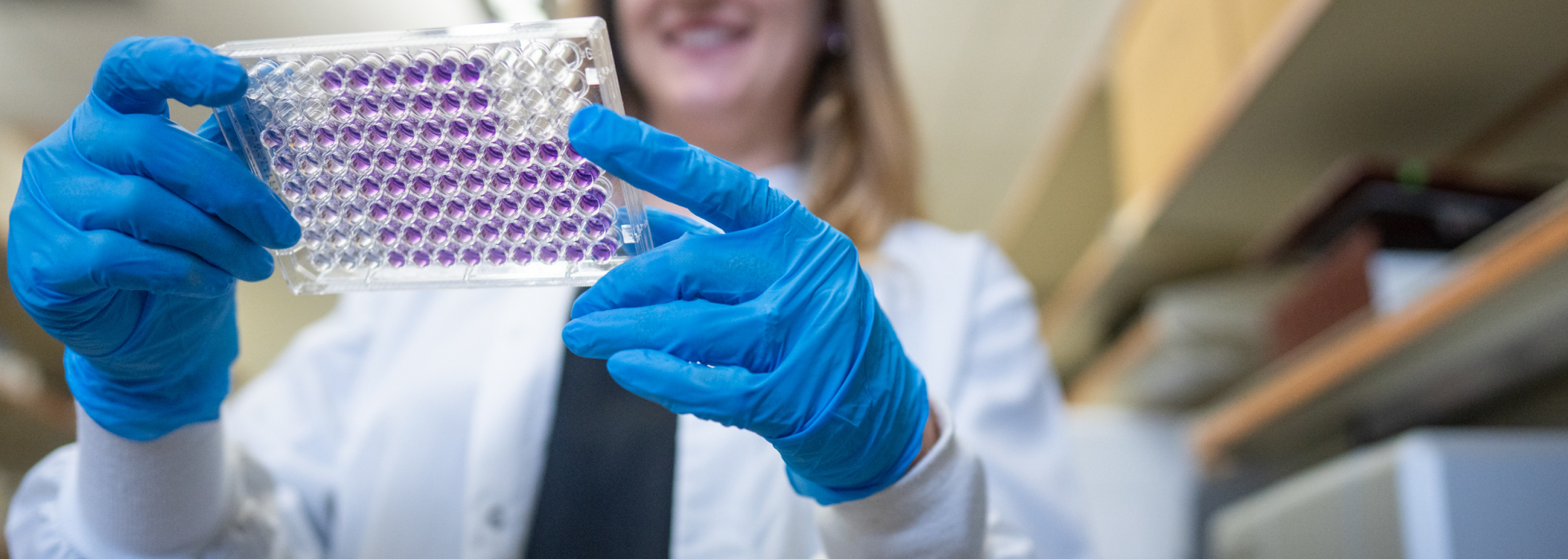Caldera Lab
Dr. Freddy Caldera, DO, PhD, MS, is a gastroenterologist and clinical researcher specializing in inflammatory bowel disease (IBD) care and prevention. The lab focuses on evaluating the safety of immune-modifying therapies used to treat IBD and optimizing preventive care strategies for this patient population.

Safety of Immune Modifying Therapies used to treat IBD and Vaccine Research in IBD
Our research evaluates the safety profile of immune-modifying therapies in IBD patients, with particular focus on vaccine-preventable diseases. We aim to optimize preventive care strategies and improve clinical outcomes by understanding real-world vaccine effectiveness and immune responses in immunocompromised patients. This work directly impacts clinical practice guidelines and helps gastroenterologists make evidence-based decisions about patient care.

Research Team

Faculty Member

Gastroenterology and Hepatology Fellow

Gastroenterology and Hepatology Fellow

Internal Medicine Resident

Internal Medicine Resident

We welcome motivated researchers, must be at least a medical student, interested in IBD, preventive medicine, and health outcomes research. Contact Dr. Caldera for current opportunities.
Active Projects
- Large-Scale Database Studies on IBD Medication Safety
Using large databases to perform retrospective studies evaluating real-world vaccine effectiveness, risk of serious infections, risk of vaccine-preventable diseases, and other safety aspects related to IBD therapy and disease in patients with IBD.
- Immune Response to Vaccination in IBD
Collaborative research with the School of Pharmacy evaluating immune response to vaccines (influenza, herpes zoster) and sustained vaccine response in patients with IBD on various immune-modifying therapies, including assessment of sustained responses to vaccine-preventable diseases (measles and varicella).
Collaborators:
Mary S. Hayney, PharmD, MPH - School of Pharmacy, University of Wisconsin–Madison
Funding Support
Dr. Caldera's research is supported by the Yehle Family Fund and investigator-initiated grants focused on IBD outcomes and preventive care research.
News and Media
IBD Drive Time: Freddy Caldera, DO, on Disease Prevention in IBD (HMP Global Learning Network, podcast, 2025)
AGA Offers New Vaccination and Cancer Screening Guidance for IBD Patients (Gastroenterology & Endoscopy News, 2025)
For Patients with Inflammatory Bowel Disease, A Warning About Herpes Zoster (MedPage Today, 2024)
Best screening and vaccination practices for IBD patients (American Gastroenterological Association, 2025)

